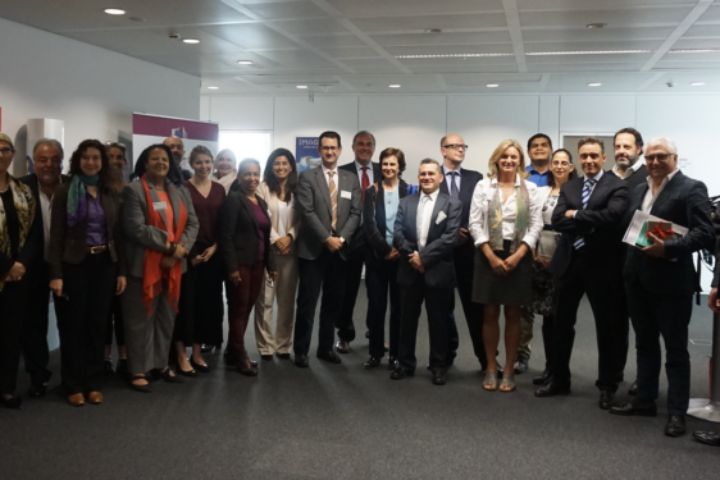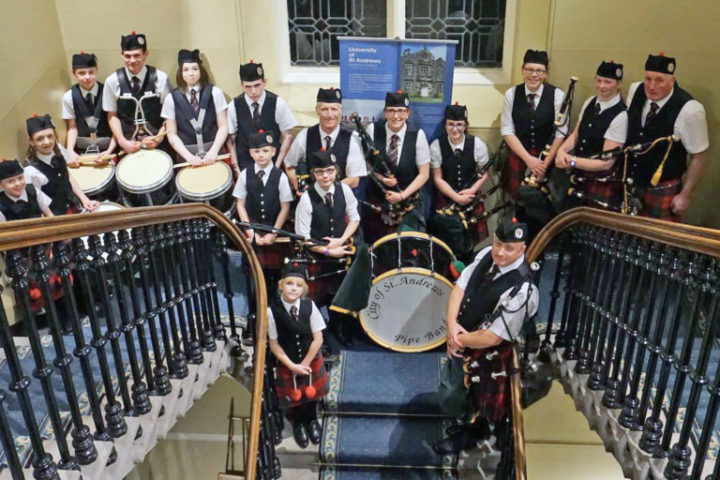The EU-LAC-MUSEUMS project consortium met in the European Commission office this week to provide policy recommendations based on their research outcomes.
Joined on 29th April by ICOM President Suay Aksoy and the Principal of the University of the West Indies (Cave Hill Campus), Professor Violet Eudine Barriteau, the consortium presented policy recommendations to the European Commission and related EU policy bodies in Brussels, Belgium, focussing on the following research themes;
- Museums, Cultural Heritage and Sustainability
- Museums, Social Inclusion, Cultural Diplomacy and the Role of Youth
- Museums and Technology for Bi-Regional Integration
- Heritage, Gender and Migration
Well received by policymakers, the EU-LAC-MUSEUMS Project Coordinator Dr Karen Brown (University of St Andrews, Scotland) will lead on producing the proposed recommendations document to be presented to the European Commission before June 2019.
EU-LAC-MUSEUMS will facilitate a joint session between ICOM-LAC and ICOM-Europe at the upcoming ICOM Kyoto summit on the afternoon of 3rd September 2019, focusing on the question “what is a community museum in your region?” For more information please visit www.eulacmuseums.net or email eulacmuseums@st-andrews.ac.uk
The EU-LAC-MUSEUMS project seeks to carry out a comparative analysis of small to medium-sized rural museums and their communities across Europe, Latin American and the Caribbean, to develop an associated history and theory. The basis of the project is that community museums in Latin American and Caribbean countries, in particular, allow under-represented communities to stake a place in history, as well as contributing to environmental sustainability and community empowerment. Funded by the European Union’s Horizon 2020 research and innovation programme under grant agreement No 693669.
Coordinated by the University of St Andrews, Scotland, the project is a consortium of academics, museum professionals, international experts and policy makers working in Scotland, Portugal, Spain, France, Peru, Chile, Costa Rica and the Caribbean who are committed to community museology making a difference in the world. The project researchers have and continue to investigate how these institutions can inform museum practice, particularly for remote and island locations.

